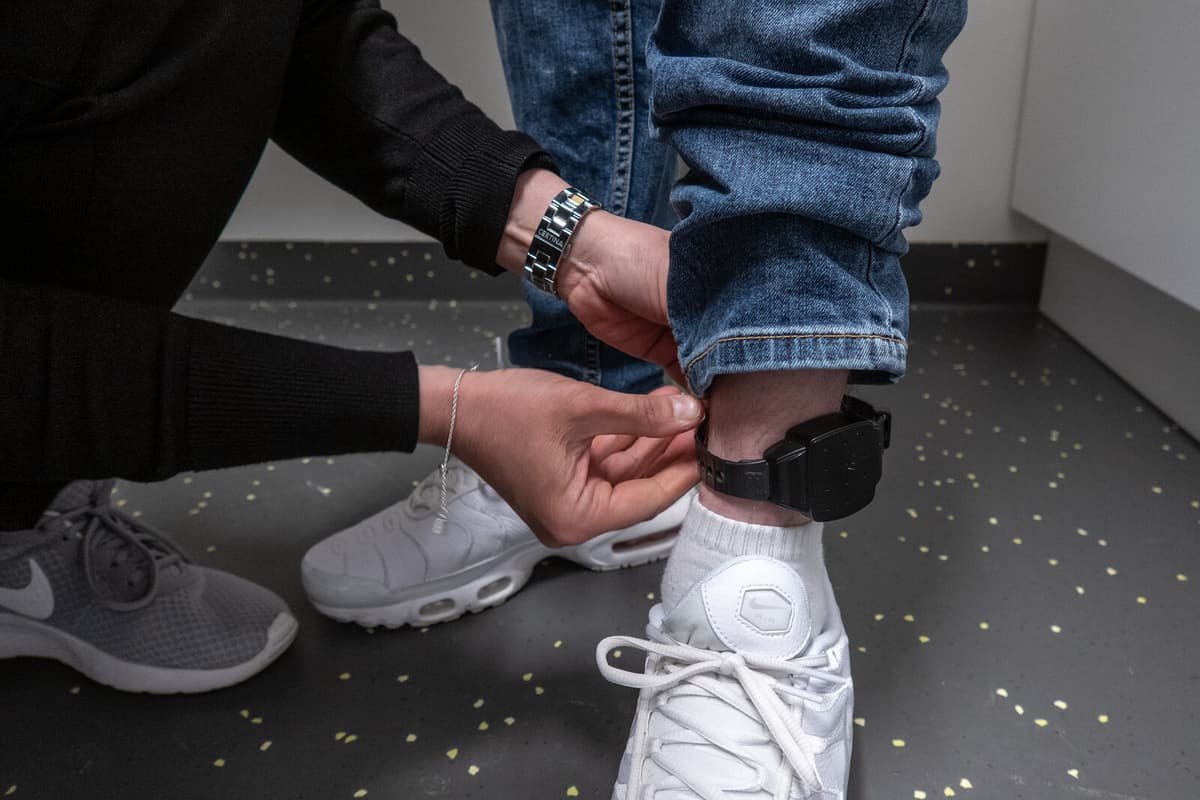The so-called intermediate coercion inquiry proposes a new law that enables social services to implement open interventions for children even when consent is lacking.
Today, such opportunities do not exist until coercive measures are imminent.
About 40 percent of young people who are investigated by social committees and deemed to be in need of support do not receive it due to lack of consent from the child or guardian.
It can naturally, in the worst case, mean that nothing else remains but to take the most far-reaching measure, to coercively take the children into care, says Minister for Social Affairs Camilla Waltersson Grönvall (M).
Increased Control
The new law is intended to be used when a child is on the verge of falling into abuse or criminality and parents do not consent to interventions. It also provides opportunities to monitor compliance with decisions. For example, testing sobriety and ensuring that drug abuse does not occur.
The most far-reaching measure according to the new law is to electronically monitor a child, so that a decision, for example, that the child should stay at home in the evenings is complied with.
The investigator Anna Tengberg emphasizes that the measure should be seen as a way to protect the child.
When asked if electronic tagging does not become very stigmatizing, the Minister for Social Affairs Waltersson Grönvall responds:
Nothing is more stigmatizing than being trapped in exclusion and criminality.
Fined with Penalty
A decision on electronic tagging requires that the child has turned 15, and that it only applies for one month at a time. The measure may be used for a maximum of six months per year.
The investigator Tengberg emphasizes that in principle, all decisions according to the new law should be appealable.
The new law also provides opportunities to direct requirements at parents, for example, to participate in parent meetings or parent education, ensure that the child attends leisure activities or maintains other routines, such as homework.
Such decisions can be combined with a penalty for parents. The investigator does not, however, believe it is suitable to, as in Denmark, reduce benefits as a penalty.
The penalty can be adapted to the guardians' economic situation, says Tengberg.
Peter Wallberg/TT
Mikael Widerberg/TT
Facts: The Investigator's Proposal
TTTT
A new law, the Act on Interventions within Social Services for Guardians, Children, and Young People when Consent is Lacking (LIV)
It is intended to complement the Social Services Act
Decisions according to LIV can be combined with a penalty
Participation in activities according to LIV can be replaced with temporary parental allowance
The investigator estimates that 17,000 decisions according to LIV will be made per year.
It is estimated to entail an additional cost for the municipalities of at least 450 million kronor.
Source: The Intermediate Coercion Inquiry






